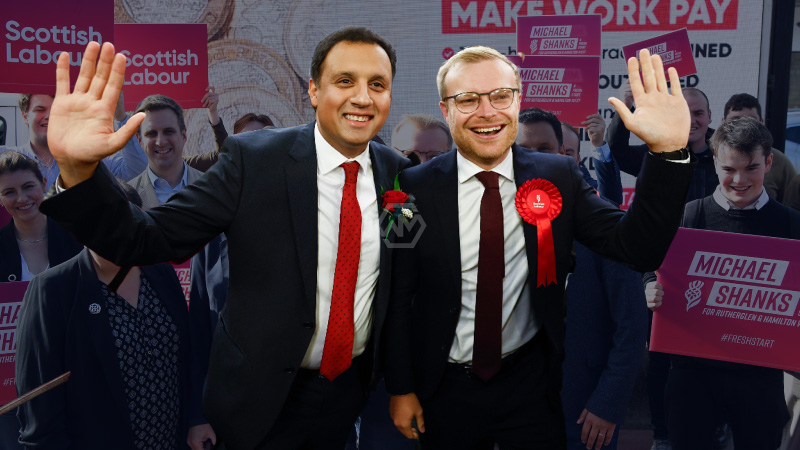- Sir Keir Starmer has crossed Scotland’s political panda threshold, becoming the first Labour Party leader to do so.
- For Labour, this victory is a big boost because it might make getting to Downing Street easier.
- The by-election has brought to light internal conflicts in Labour, particularly those between the Scottish and London parties.
With victories in Rutherglen and Hamilton West, Sir Keir Starmer has crossed Scotland’s political panda threshold, becoming the first Labour Party leader to do so.
The party converted a Labour advantage of 9,446 over an SNP majority of 5,230, resulting in a 20.4% swing between the two parties. For Labour, this victory is a big boost because it might make getting to Downing Street easier.
Rutherglen and Hamilton
Having won just one seat in Scotland during the 2019 Westminster election, the party still has a significant amount of ground to make up there. Scotland’s hostility to abandoning the 316-year union with England was a major factor in Labour’s problems over the past ten years.
In Rutherglen and Hamilton West, the party dealt with the issue of nationalism by minimizing its impact and concentrating instead on worries about the SNP’s management of Scottish public services and the Tories’ handling of the economy.
Sir Keir and the SNP’s leader in Scotland, Anas Sarwar, benefited from Nicola Sturgeon’s resignation as leader of the party and first minister, Humza Yousaf, as well as the media attention a police probe into the SNP’s finances and funding garnered.
The series of events leading up to the by-election, such as Margaret Ferrier being kicked out of the SNP and being found guilty of breaking the lockdown rule, also helped Labour win.
Rutherglen and Hamilton West, a district that can lay claim to being the birthplace of the movement, has seen a resurgence of Scottish Labour.
Motherwell was the site of the SNP’s first-ever Westminster victory in 1945, and Winnie Ewing’s historic triumph in the 1967 Hamilton by-election followed.
Labour is overjoyed with the magnitude of their victory in this by-election, but as a unionist party, their support for independence has barely changed, remaining at roughly 47–48%.
Mr Sarwar feels that his approach to the national issue is to exercise effective leadership because when voters see a Labour government succeeding for them at Westminster and in the Scottish parliament, they will start to lose interest in independence.
The by-election has brought to light internal conflicts in Labour, particularly those between the Scottish and London parties. The official positions of the UK party on welfare benefits and gender have been openly disputed by Michael Shanks, a rookie MP.
A birth certificate’s ability to legally change a person’s sex has also been criticized by him, as has the two-child benefit cap. The new MP stated a desire for the UK to rejoin the EU. Senior SNP sources claim that these problems will make it difficult to rule if Labour wins the next general election, as well as the perception that there won’t be much money available for the new administration to use to carry out its policies. The Holyrood elections in May 2026 are the primary goal of SNP strategists’ long-term strategy.



